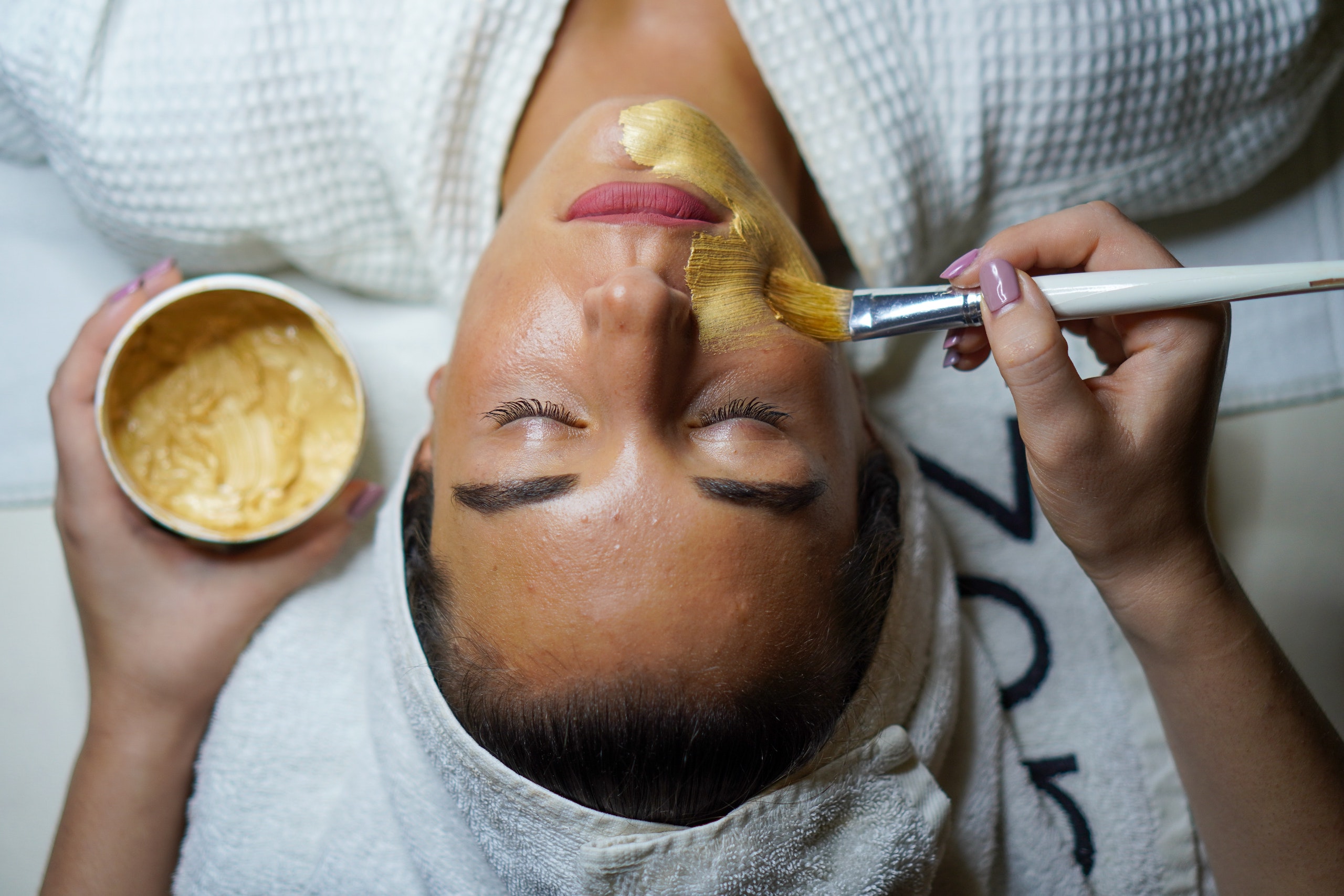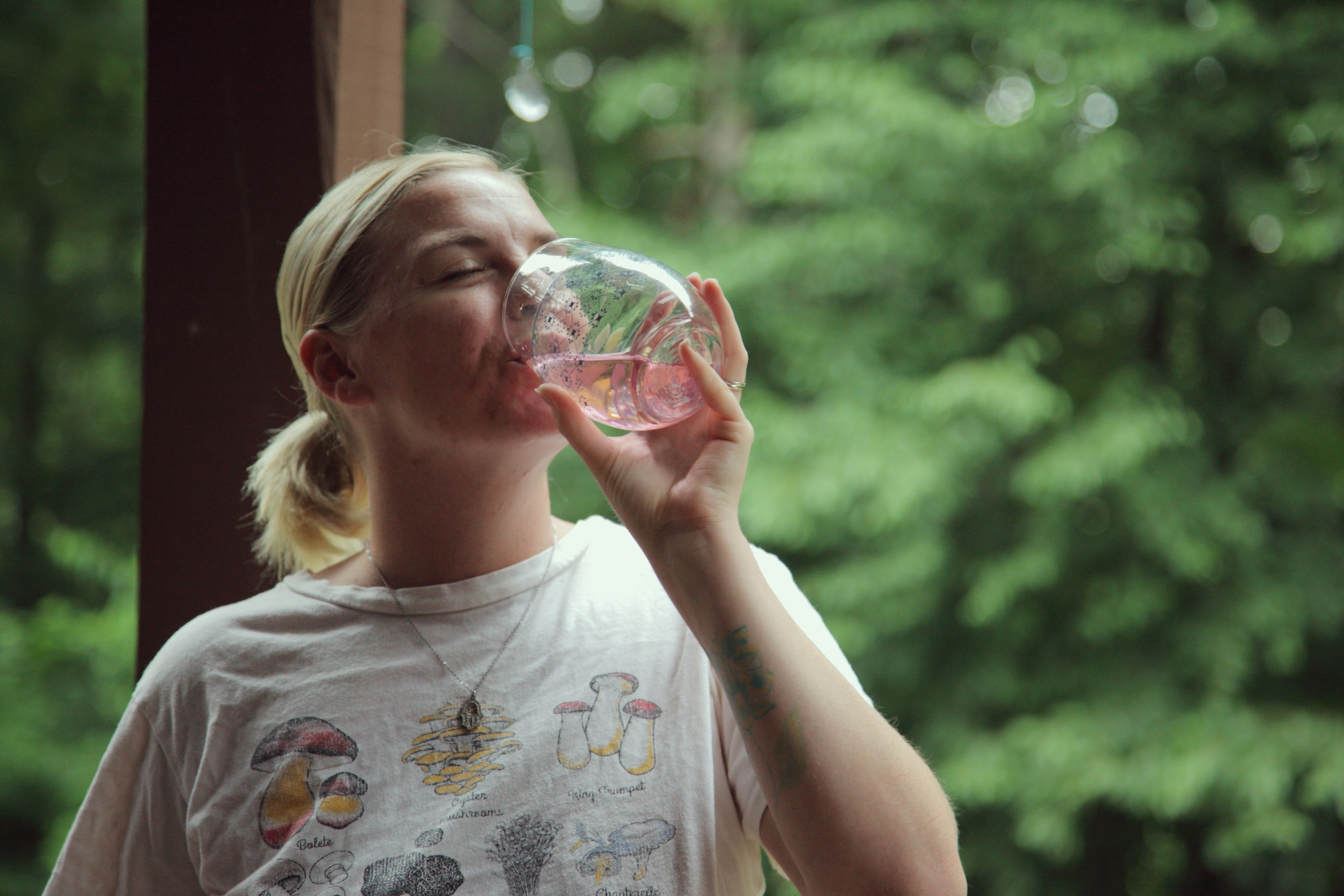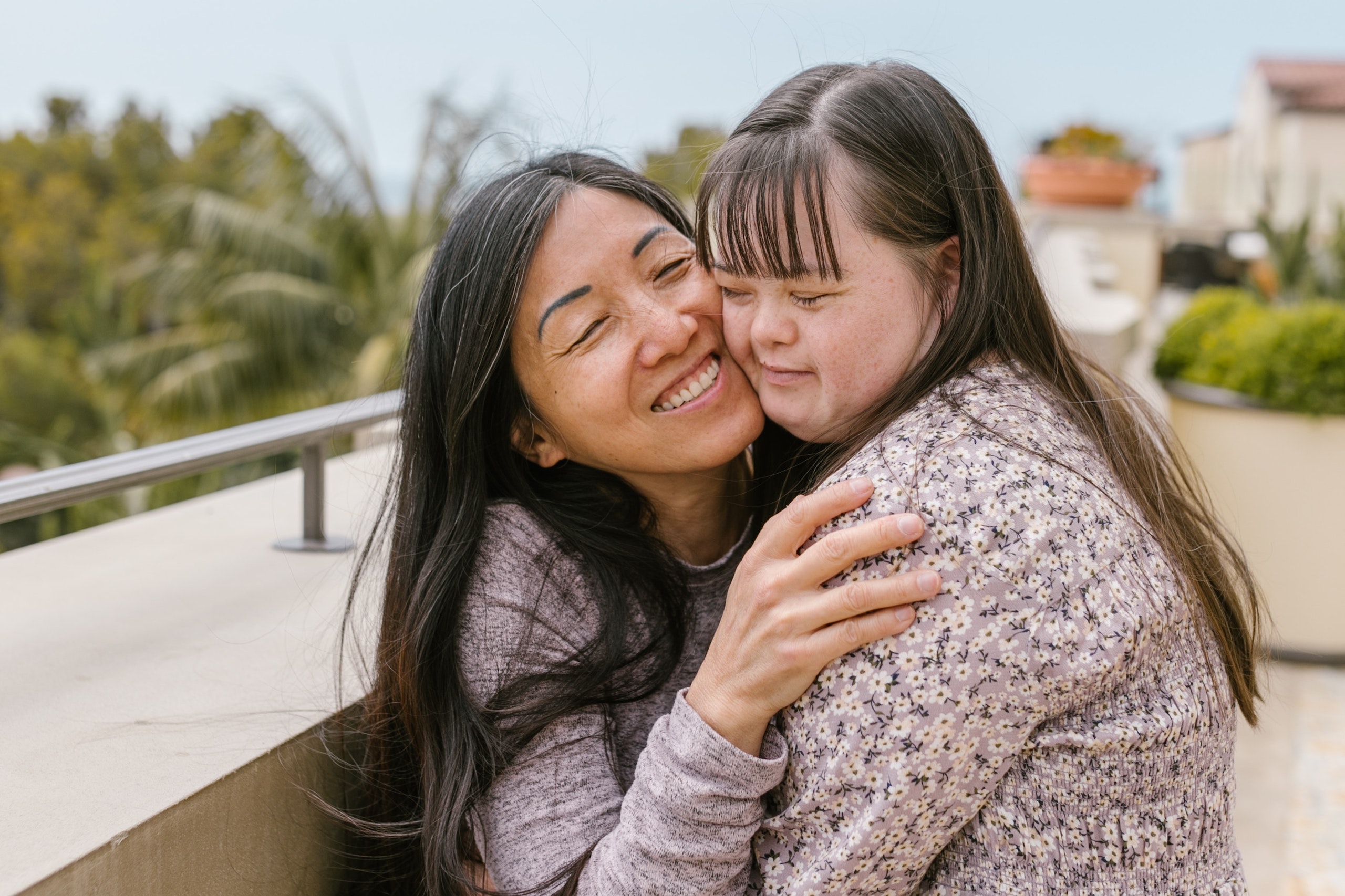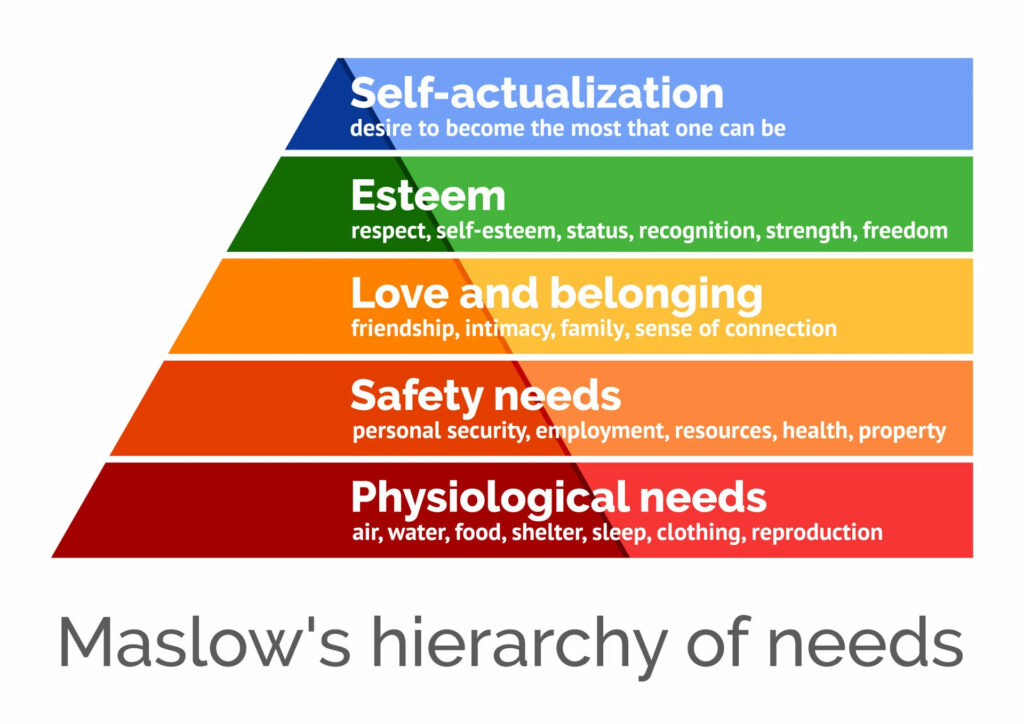
Basic Need
author/ amanda/ august 12, 2023

Basic Need

Self-Care

Basic Need

Self-Care

Basic Need

Self-Care
Many AuDHD girlies often confuse self-care with their basic human needs. No, self-care is not drinking water, washing your face, or remembering to eat breakfast in the morning. Let’s learn more about the differences between a basic need and self-care.
Basic needs are things that all human beings need to survive, grow, and develop. These are things that must be effectively met so that you can reach your full potential in life. According to Maslow’s Hierarchy of Needs, there are five stages that must be met for an individual to function and grow at an optimum level.

In Maslow’s Hierarchy of Needs, the bottom of the pyramid must be fulfilled before moving up the pyramid toward self-actualization. Therefore, the first tier that must be met involves one’s physiological needs. Yes, each level must be met prior to moving up the Hierarchy of Needs, but this does not mean that people will continue solely moving up the pyramid. Many individuals move between tiers as their needs grow and change. Let’s take a look at each of the tiers and what those needs might look like.
Many of you may already be stuck at tiers one and two, the foundational levels of Maslow’s Hierarchy of Needs. Unfortunately, this is true for many considering the state of our world. This makes it difficult for people to grow and develop efficiently because their basic needs are regularly going unmet. This may be even more of a challenge for girls and women with AuDHD. Due to the stressors of everyday life in a world that seems to admonish those who are neurodivergent, many AuDHD girlies struggle at tiers one and two. Unable to feel safe and comfortable with their surroundings and those within it. Also, considering the fear and uncertainty that surround girls/women and their safety, bodily autonomy, and access to basic human rights, this only adds to the horrors that they face every day.
On a lighter note, since self-care is not: showering, buying more socks/underwear, sitting on the toilet watching TikTok to take a break, or brushing your teeth twice a day, let’s take a look at what self-care actually is.
Self-care is something that is consciously done to better your mental, physical, spiritual, and emotional health. Self-care is something that you choose to do in order to invigorate your spirit and fill up your mental, emotional, and physical cup when it is low or empty. You must deliberately make time for yourself to do something that you want and/or love to do in order to fill up your cup. You may need to schedule this in! When thinking of self-care, you must have a bit of a selfish lens on and think of what is going to serve you specifically in order to make you feel fulfilled, enriched, and re-energized. This has nothing to do with anyone else around you, it has to do with prioritizing yourself. You cannot fill the cup of another if your own cup is empty.
You MUST fill your cup first. Some examples of self-care may include:
If you do not engage in self-care enough to fill your empty cup, this may cause you to become burnt out, resentful, and “lost.” You may begin to feel uninspired, apathetic, emotionally exhausted, and out-of-touch with your true self. As this builds over time, it can become detrimental to your overall health and wellness. Prioritizing self-care allows you to recharge, build resilience, and better navigate life’s challenges with a greater sense of well-being and self-compassion. Self-care is so much more than looking forward to a cup of tea in the morning, finding alone time in the bathroom, and putting on clean clothes. It goes far deeper. You deserve to live joyfully and (re)connect with yourself.
Maslow, A.H. (1943) A Theory of Human Motivation. Psychological Review, 50, 370-396. http://dx.doi.org/10.1037/h0054346